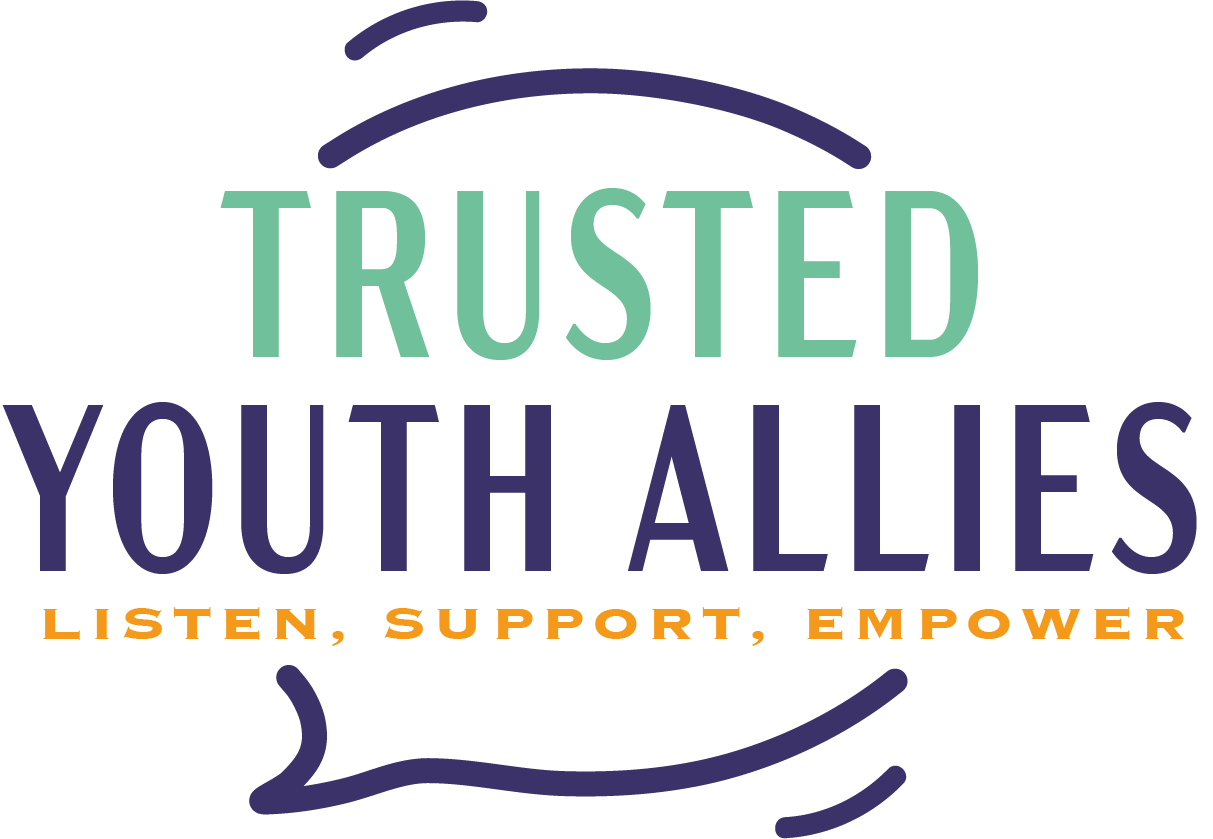Navigating relationships can be exciting and fulfilling, but it’s important to understand the concept of boundaries and how to establish them to maintain healthy and respectful connections with others. Here’s what you need to know:
What Are Boundaries?
Boundaries are the limits and guidelines we set for ourselves in relationships to define what is acceptable and what is not. They help us protect our physical and emotional well-being, maintain our individuality, and ensure mutual respect and understanding in our interactions with others.
Why Are Boundaries Important?
Establishing boundaries is crucial for building healthy relationships. They help prevent misunderstandings, conflicts, and resentment by clearly communicating our needs, expectations, and limitations to others. Boundaries also promote self-respect, autonomy, and personal growth within relationships.
Types of Boundaries:
- Physical Boundaries: These boundaries involve physical space and touch. Examples include personal space preferences, comfort levels with physical affection, and boundaries around sexual intimacy.
- Emotional Boundaries: Emotional boundaries relate to our thoughts, feelings, and values. They involve expressing our emotions authentically, respecting others’ emotions, and setting limits on how much emotional energy we invest in relationships.
- Time Boundaries: Time boundaries involve how we allocate our time and energy in relationships. This includes setting limits on how much time we spend with others, prioritising self-care and personal interests, and respecting others’ time commitments.
- Communication Boundaries: Communication boundaries involve how we express ourselves and engage in conversations with others. This includes being assertive in expressing our needs and preferences, listening actively to others, and avoiding disrespectful or hurtful language.
Setting Boundaries in Relationships:
- Know Yourself: Take the time to understand your own needs, values, and limits. Reflect on what makes you feel comfortable and uncomfortable in relationships.
- Identify Your Boundaries: Identify specific boundaries that are important to you in different areas of your life.
- Communicate Clearly: Communicate your boundaries openly and assertively with others. Use “I” statements to express your needs and preferences, and be specific about what you are comfortable with and what you are not.
- Respect Others’ Boundaries: Respect the boundaries of others just as you expect them to respect yours. Listen actively to their needs and preferences, and avoid pressuring or manipulating them into crossing their boundaries.
- Set Limits: Be prepared to set limits and enforce consequences if others repeatedly disregard or violate your boundaries. Remember that it’s okay to distance yourself from relationships that consistently disrespect your boundaries.
- Re-evaluate and Adjust: Regularly reassess your boundaries and make adjustments as needed based on your evolving needs and experiences in relationships.
Remember:
- Boundaries are about honouring and respecting yourself and others.
- It’s normal for boundaries to change and evolve over time as we grow and learn more about ourselves and our relationships.
- Setting boundaries is an ongoing process that requires self-awareness, communication, and self-advocacy.
By understanding and implementing healthy boundaries in your relationships, you can foster greater mutual respect, trust, and fulfilment in your connections with others, empowering you to build relationships that are supportive, respectful, and enriching.
